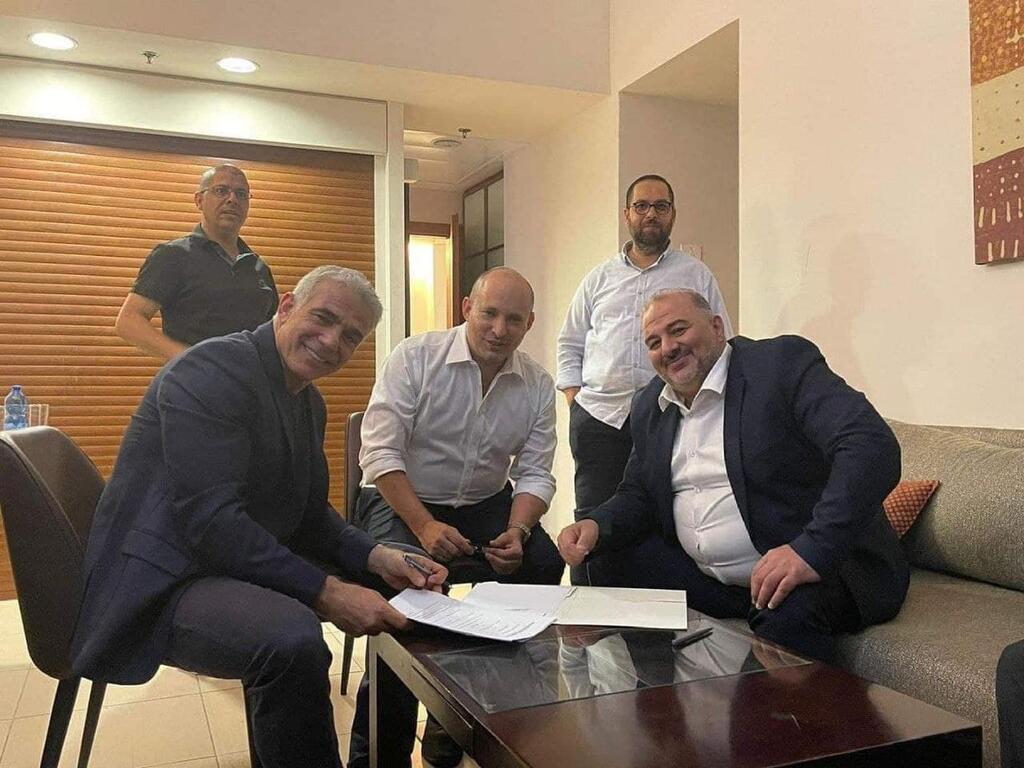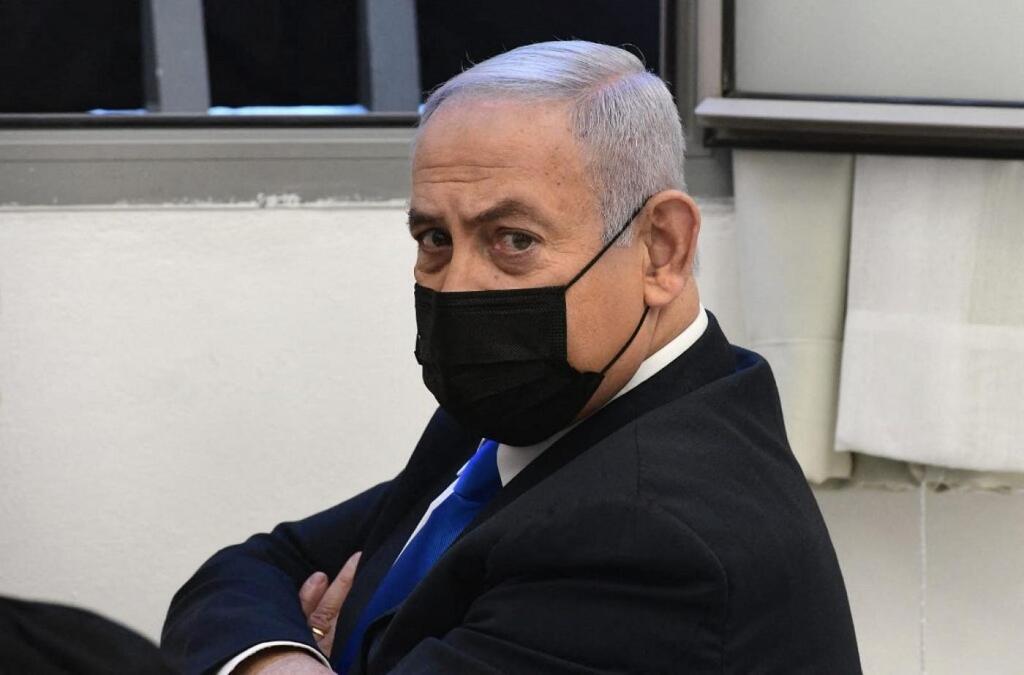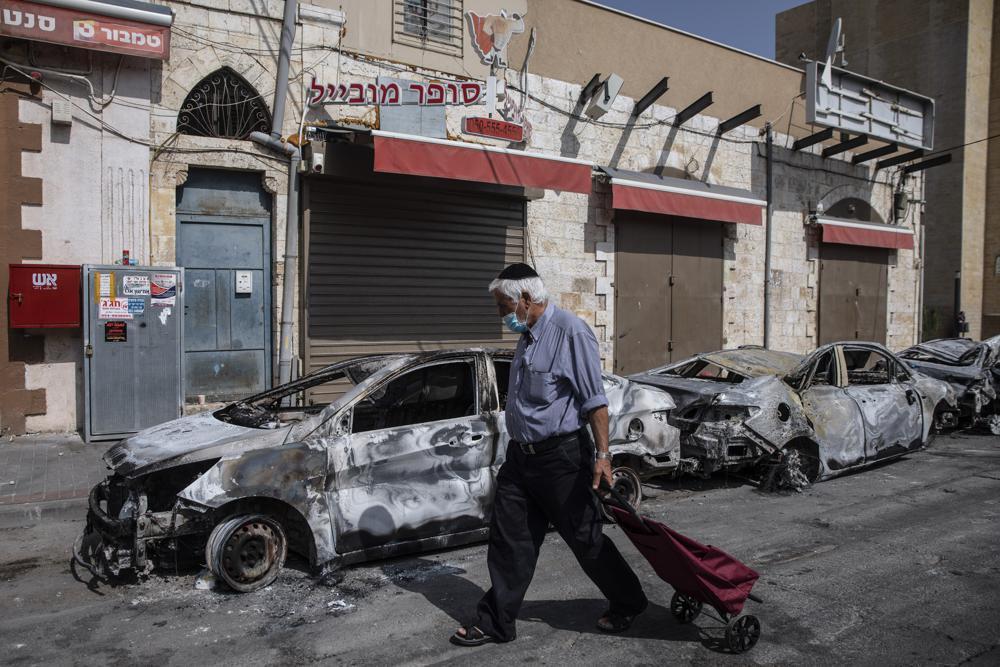Getting your Trinity Audio player ready...
Few moments in Israel's political history could compete with what is set to occur in the coming days: After 12 years in power, Prime Minister Benjamin Netanyahu will be removed from his seat.
The meeting that took place late Wednesday between Yesh Atid leader Yair Lapid, Yamina head Naftali Bennett and Ra'am chief Mansour Abbas - which ended with the three signing a coalition agreement - is a close second.
3 View gallery


L-R: Yesh Atid head Yair Lapid, Yamina head Naftali Bennett and Ra'am chair Mansour Abbas signing a coalition agreement late Wednesday
(Photo: Nawaf al-Nabari)
Abbas' signature specifically transcends the usual formality of the event. It symbolizes the beginning of a return to normality for Israeli society and a hint that at the end of the day the country's leaders gathered the courage needed to free themselves of the shackles of prejudice and distorted perceptions.
For years, Netanyahu used inciting and hurtful rhetoric against Israeli Arabs. Suddenly in a desperate move following the March 2021 elections, he made the Islamist Ra'am party kosher, a move that in the end only benefitted his opponents.
Netanyahu pushed Arabs and Jews into a corner, forcing them for the first time in the country's history to see each other as genuine and equal partners.
3 View gallery


Prime Minister Benjamin Netanyahu appearing in the Jerusalem District Court in February where he pleaded not guilty to charges of corruption
(Photo: AFP)
Though this change in reality might seem surprising, it truly is not: Public opinion polls showed again and again that Israeli Jews and Arabs wish to live in peaceful coexistence, with Ra'am's four Knesset seats a testament to this.
In less than a year, the formerly unknown lawmaker became a central figure in Israeli politics, courted by the prime minister and a sought-after interviewee for the country's media outlets.
But despite all the political breakthroughs, the dark cloud of the sectarian violence the country experienced last month still hovers above everything, refusing to disperse and casting a shadow over any blossoming relationships.
3 View gallery


A man passes by cars torched after a night of violence between Israeli Arab and police in the mixed Arab-Jewish town of Lod, central Israel, Tuesday, May 11, 2021
(Photo: AP)
Many residents of Israel's mixed cities are still picking up the pieces of their former lives, wondering if their communities can ever return to normal after neighbors ran through the streets, baying for blood.
This "coalition for change" might just be the thing to restore the sense of security that Israel's current leaders have destroyed.
Now, that this political barrier has been breached, it is the responsibility of the government-to-be to keep it open, expand it further and ensure that this wall of hate and disunity will never be rebuilt for political purposes.

